Description
ABOUT THE BOOK
“The Bhartiya Sakshya Adhiniyam was enacted in 2023 replacing the old Indian Evidence Act. The Bhartiya Sakshya Adhiniyam is a legislation that governs the rules and procedures for the admission and assessment of evidence in Indian courts. The Adhiniyam consists of 170 sections as opposed to the 167 sections in the previous Indian Evidence Act. Of these 167 sections, 23 sections have been modified, five removed, and one more section added.
The earlier Indian Evidence Act was enacted during the British colonial rule in India when the Indian legal system was heavily influenced by English law. Prior to the Act, evidence was governed by various laws and practices, including religious and customary laws.
The Indian Evidence Act was passed by the Imperial Legislative Council on 15th March 1872 and came into force on 1st September 1872. It was based on the English law of evidence, particularly the English Evidence Act of 1851. The Act consisted of 167 sections divided into three major parts: relevancy of facts, on proof, and production of documents and witnesses. It establishes rules for determining the admissibility, relevancy, and weight of evidence, and regulates the examination and cross-examination of witnesses.
The Act introduced several key principles into the Indian legal system, such as the principle of relevancy, presumption of innocence, burden of proof, and examination of witnesses. It aimed to ensure fairness, accuracy, and uniformity in the assessment of evidence. Over the years, the Indian Evidence Act has been amended to address changing societal needs and legal developments.”
ABOUT THE AUTHOR
“Parimal Wagh is an Advocate & Arguing Counsel practicing in the High Court of Bombay.
Parimal graduated in BBA with specialization in Computer Ap-plications (BBA-CA) from Ashoka Center for Business and Computer Studies, Nashik in 2020. He was an avid programmer during his graduation days and built several Android mobile applications. During his graduation, he also pursued Certificate Course in Cooperative Law and Business Law (CCLBL) from IGNOU to get a knowledge about cooperatives.
In the final year of his graduation, he was inspired to do Law after reading Jawaharlal Nehru’s Autobiography, so he decided to give MH-CET Law examination and secured admission at India’s most prestigious Government Law College, Mumbai. In the first year of his law college, Parimal joined the Chambers of Adv. Advait Sethna and started his law career as an intern. He assisted Adv. Sethna in sensitive NCB Cases and various other High Profile NCLT, Income Tax, Arbitration, CBI and Government of India matters. Parimal also did a short winter internship with then SCBA Vice-President Sr. Adv. Pradeep Rai where he learnt the basics of Supreme Court working and did research on Adminis-trative Tribunals Matters.
While pursuing LL.B, Parimal simultaneously did Post-Graduate Diploma in Criminal Justice (PGDCJ), Certificate in Consumer Protection (CCP), Certificate in Tribal Studies (CTRBS) and Diploma in Panchayat Level Administration and Development (DPLAD) through distance mode from IGNOU and has partici-pated in various Virtual Experience Programs by Pinsent Masons (UK) and Kennedy’s (UK).
Currently, Parimal is pursuing Masters in Law (LL.M.) from Bharati Vidyapeeth Deemed University’s New Law College, Pune.”

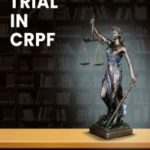
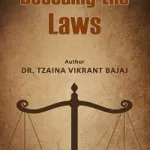
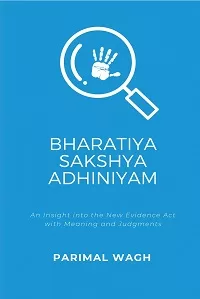
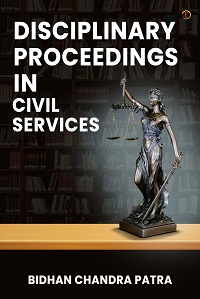
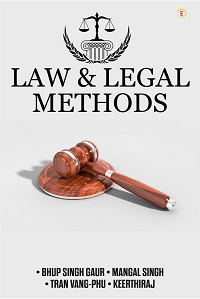
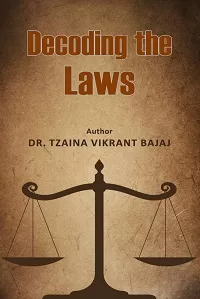
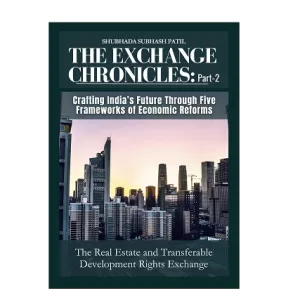
 Chiku - 2
Chiku - 2 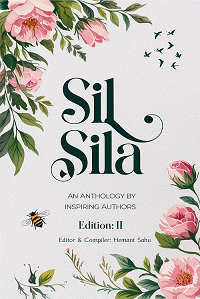 Silsila 2.0
Silsila 2.0 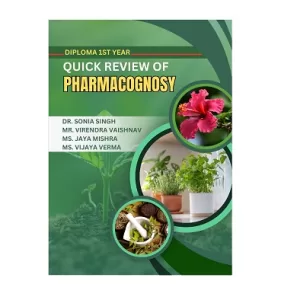 QUICK REVIEW OF PHARMACOGNOSY (DIPLOMA 1ST YEAR)
QUICK REVIEW OF PHARMACOGNOSY (DIPLOMA 1ST YEAR)  The Village of Manapparai
The Village of Manapparai  Zara and the Enchanted Finger
Zara and the Enchanted Finger 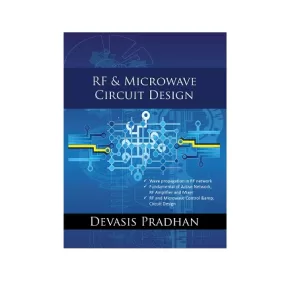 RF & Microwave Circuit Design
RF & Microwave Circuit Design
Reviews
There are no reviews yet.